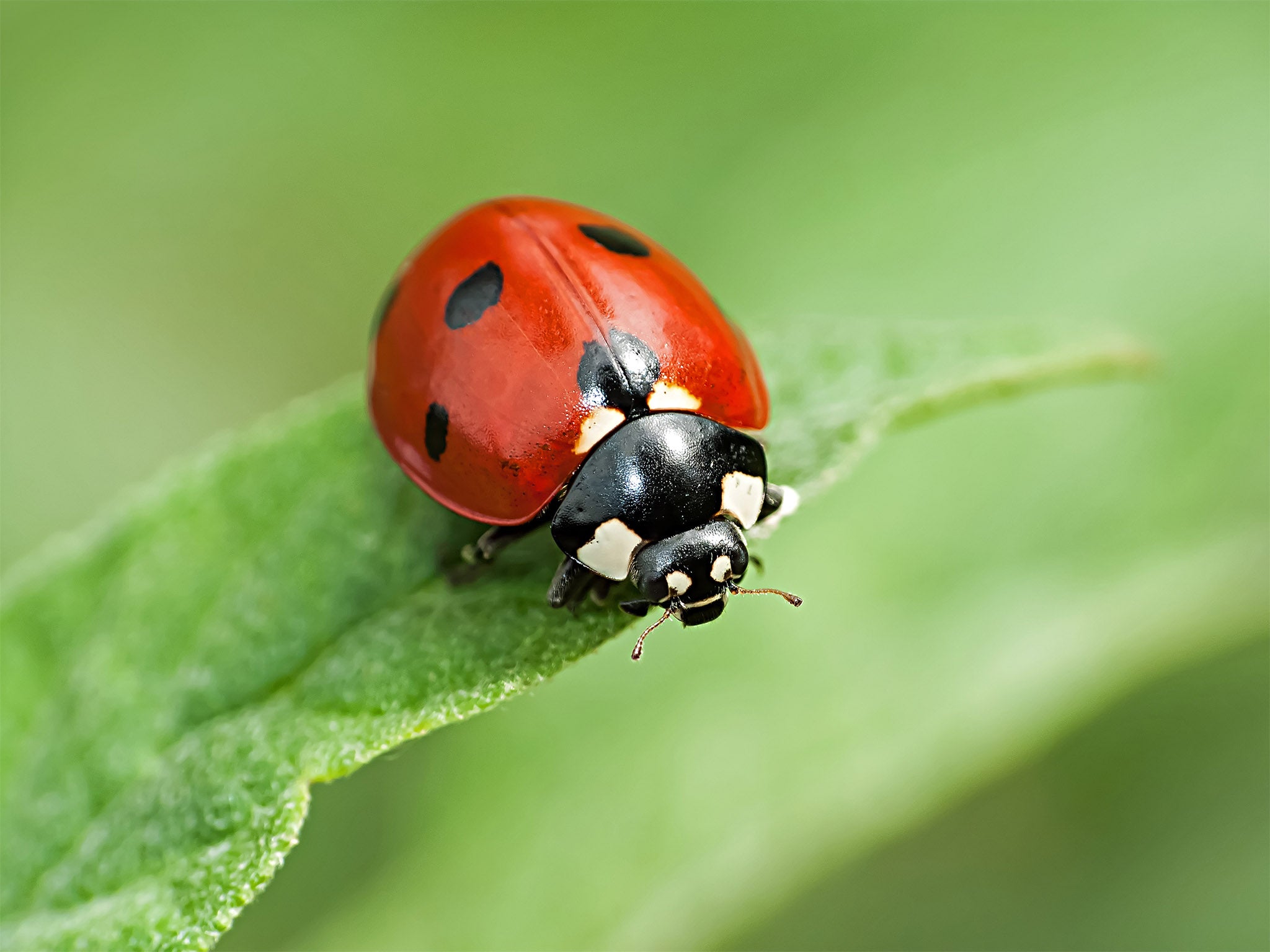The Top 10: Forgotten national crises
In the middle of a national emergency, our correspondents recall other trying times


Your support helps us to tell the story
From reproductive rights to climate change to Big Tech, The Independent is on the ground when the story is developing. Whether it's investigating the financials of Elon Musk's pro-Trump PAC or producing our latest documentary, 'The A Word', which shines a light on the American women fighting for reproductive rights, we know how important it is to parse out the facts from the messaging.
At such a critical moment in US history, we need reporters on the ground. Your donation allows us to keep sending journalists to speak to both sides of the story.
The Independent is trusted by Americans across the entire political spectrum. And unlike many other quality news outlets, we choose not to lock Americans out of our reporting and analysis with paywalls. We believe quality journalism should be available to everyone, paid for by those who can afford it.
Your support makes all the difference.In an attempt to cheer us up during lockdown, Paul T Horgan suggested this list, and nominated the 1974 sugar shortage (no 4) and a 1977 bread shortage, when the potato growers’ association advertised how to use their product to make flour last longer. A lot of these were in the Seventies.
1. Chartism, 1838-48. “It was feared to be a revolution in embryo; turned out to be just petitioning,” said David Herdson.
2. The D-notice affair, 1967. Huge fuss about a report in the Daily Express that the security services routinely intercepted telegrams (a bit like text messages you had to go to the post office to send). Harold Wilson, the prime minister, accused the newspaper of undermining national security and there was an inquiry by privy counsellors. Nominated by Steven Fogel.
3. Vinyl shortage, 1972-73. Popularly attributed to the oil crisis, although that didn’t start until October 1973. Rick Wakeman’s live album Journey to the Centre of the Earth was delayed two months to April 1974 because of it. Thanks to No Ordinary Cat and Brian Mathieson.
4. Sugar shortage, 1974. Mary Dejevsky said she had a holiday job interpreting for a Russian tour group: “Their suitcases were weighed down with packs of sugar to give to UK hosts; they were amazed to find sugar on most cafe tables.” It was followed by a scare about salt that prompted hoarding. “I remember the 1970s panic buying over table salt because Siberian supplies were hit – yet most UK salt supplies at the time were from Cheshire,” said Rob Skinner. Food shortages set the scene for The Good Life, TV comedy of self-sufficiency, which started in 1975, Peter Warner pointed out.
5. Cod War, 1975-76. Conflict between the UK and Iceland over fishing rights. It was the third and most serious, after skirmishes in 1958-61 and 1972-73. Nominated by Robert Shrimsley.
6. The ladybird invasion, 1976. Recalled by Roxie SugaCane. It followed the great greenfly invasion of the hot summer, said Simon Pearson.
7. The Burns Day storm, 1990. Sharper and more deadly than the great storm of 1987, killing 47 across northern Europe. Another from Steven Fogel.
8. The “how do we get Wet Wet Wet off number one” crisis, 1994. Radio stations stopped playing “Love Is All Around”; some shops stopped selling it; and the band eventually pulled it from production, because they wanted to release their next record. The nation sighed with relief when Whigfield’s debut single “Saturday Night” eventually dethroned it. Thanks to Sean Rogers.
9. Cranberry shortage, 1995. Caused by Delia Smith extolling their virtues in her cookery programmes. From Robert Boston.
10. Fuel protests, 2000. The only occasion Labour lost its opinion-poll lead in Blair’s first government: protesters against high petrol and diesel prices picketed refineries and unexpectedly brought supplies to a standstill. Governments have been wary of putting up fuel duties ever since. Nominated by Allan Holloway.
I didn’t count the Millennium Bug, because that’s not forgotten; nor is the foot-and-mouth outbreak of 2001. I wasn’t sure if the great chicken shortage of February 2018 qualified, as several people remembered KFC restaurants being closed and the inevitable stories of customers phoning 999. I was looking, Pointless-style, for the lowest scores.
Honourable mention for Steven Richards who nominated the crisis every Christmas when the “must have” toy is out of stock. The “there’s always one” award goes to Cole Davis, who nominated Brexit.
Next week: Footballers who played better for England than for their own club – I have subcontracted the compilation of this one.
Coming soon: Unlikely shared interests of political leaders, after Jonathan Aiken recalled Harold Wilson and Richard Nixon singing Gilbert and Sullivan together.
Your suggestions please, and ideas for future Top 10s, to me on Twitter, or by email to top10@independent.co.uk
Join our commenting forum
Join thought-provoking conversations, follow other Independent readers and see their replies
Comments